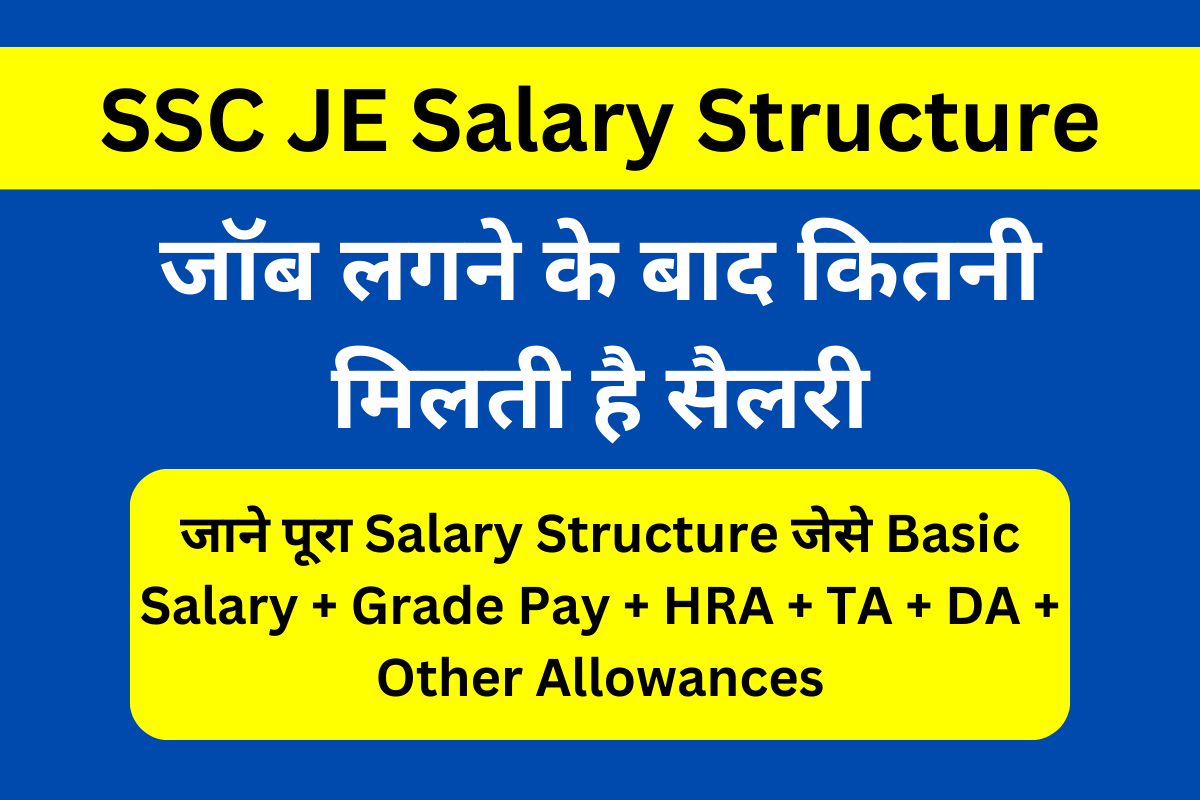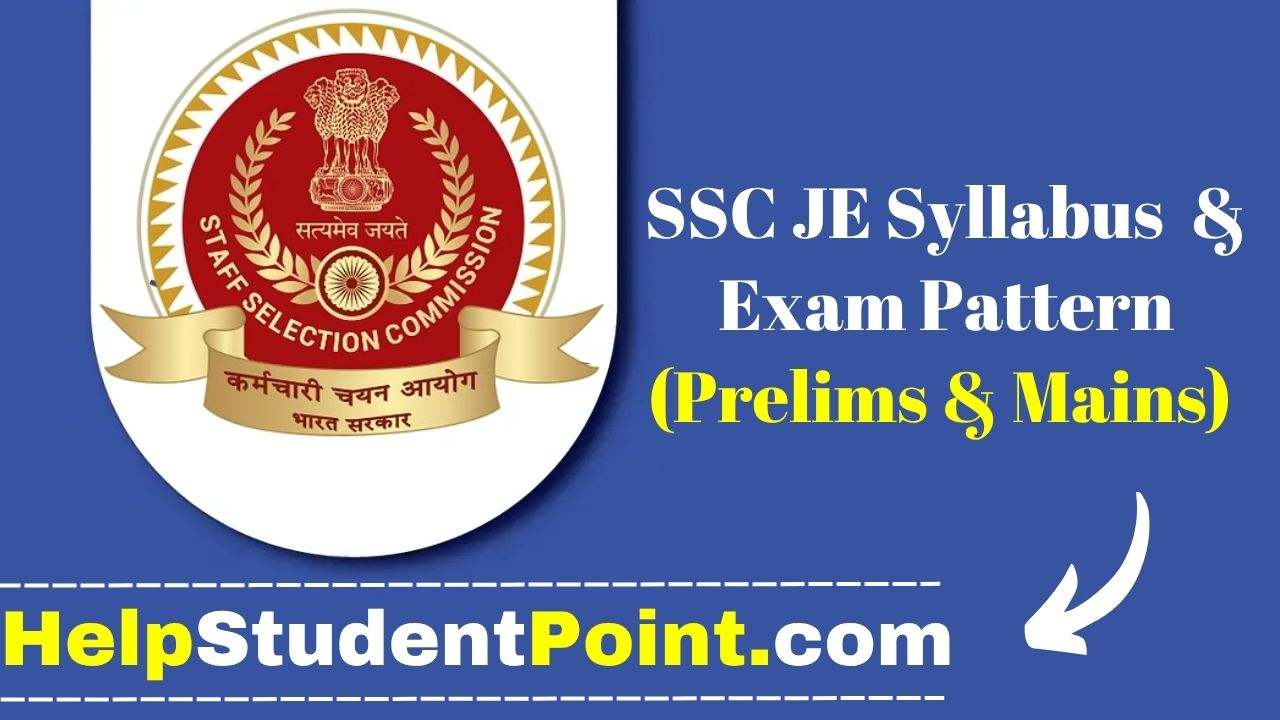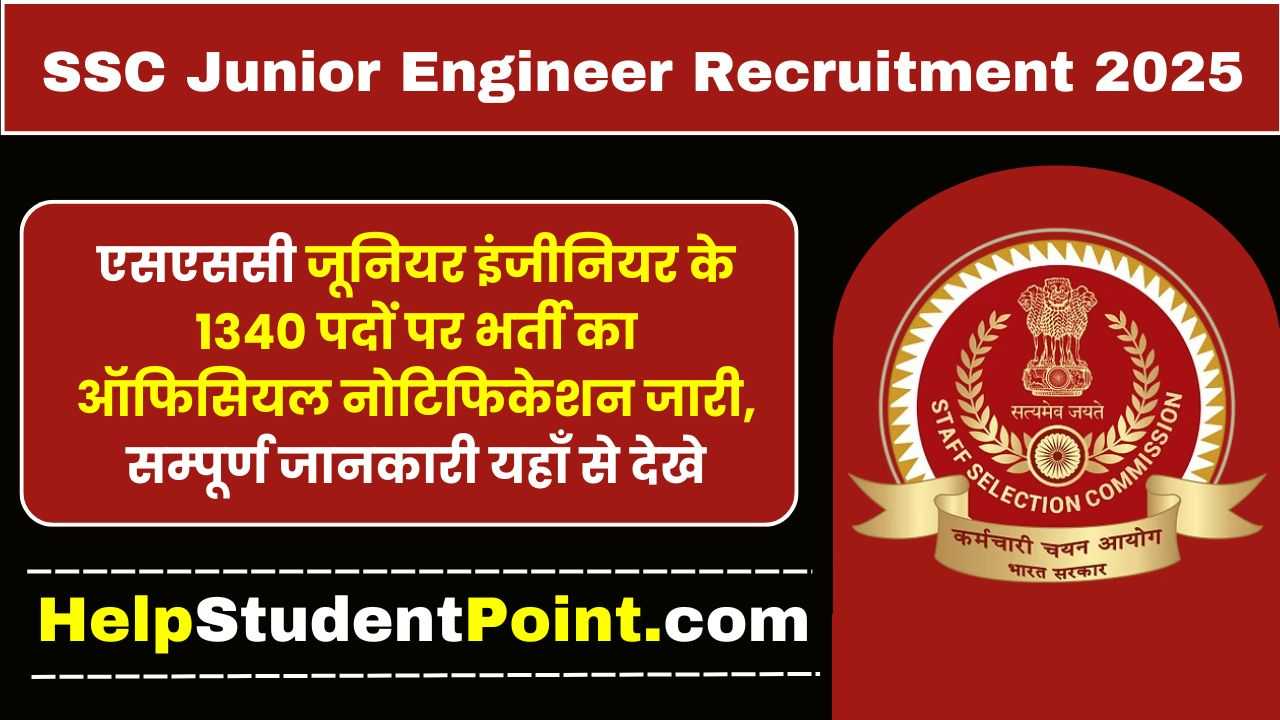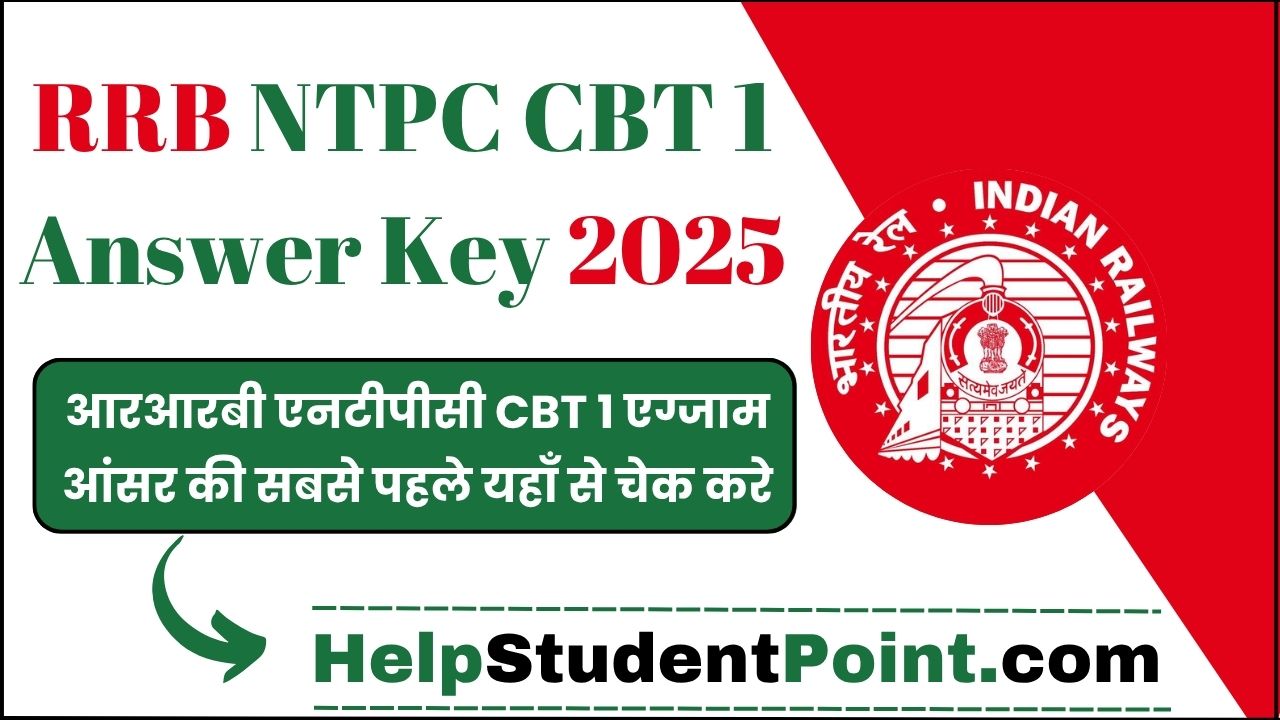UPSC CSE Telgu Literature Syllabus for Paper-I, UPSC CSE Telgu Literature Syllabus for Paper-II upsc telugu literature books pdf, upsc syllabus in telugu language pdf, upsc telugu literature previous papers with answers, upsc telugu compulsory paper syllabus, telugu literature upsc, telugu literature optional success rate, telugu literature optional question paper, telugu literature optional toppers
| UPSC CSE Telgu Literature Syllabus for Paper-I |
|
Section A
- 1. Place of Telugu among Dravidian languages and its antiquity—Etymological History of
Telugu,Tenugu and Andhra.
- 2. Major linguistic changes in phonological, morphological, grammatical and syntactical levels,
from Proto-Dravidian to old Telugu and from old Telugu to Modern Telugu.
- 3. Evolution of spoken Telugu when compared to classical Telugu-Formal and functional view of
Telugu language.
- 4. Influence of other languages and its impact on Telugu.
- 5. Modernization of Telugu language :
(a) Linguistic and literary movements and their role in modernization of Telugu.
(b) Role of media in modernization of Telugu (News-papers, Radio, TV etc.)
(c) Problems of terminology and mechanisms in coining new terms in Telugu in various
discourses including scientific and technical.
- 6. Dialects of Telugu—Regional and social variations and problems of Standardization.
- 7. Syntax—Major divisions of Telugu sentences—simple, complex and compound
sentences—Noun and verb predications—Processes of nominalization and
relativization—Direct and indirect reporting-conversion processes.
- 8. Translation—Problems of translation, cultural, social and idiomatic—Methods of
translation—Approaches to translation—Literary and other kinds of translation—Various
uses of translation.
Section B
- 1. Literature in Pre-Nannaya Period—Marga and Desi poetry.
- 2. Nannaya Period—Historical and literary background of Andhra Mahabharata.
- 3. Saiva poets and their contribution—Dwipada, Sataka, Ragada, Udaharana.
- 4. Tikkana and his place in Telugu literature.
- 5. Errana and his literary works—Nachana Somana and his new approach to poetry.
- 6. Srinatha and Potana—Their works and contribution.
- 7. Bhakti poets in Telugu literature—Tallapaka Annamayya, ramadasu, tyagayya.
- 8. Evolution of prabandhas—Kavya and prabandha.
- 9. Southern school of Telugu literature-raghunatha Nayaka, chemakura vankatakavi and women
poets-Literary forms like yakshagana, prose and padakavita.
- 10. Modern Telugu Literature and literary forms—Novel, Short Story, Drama, Playlet and poetic
forms.
- 11. Literary Movements : Reformation, Nationalism, Neo-classisicism, Romanticism and
Progressive, Revolutionary movements.
- 12. Digambarakavulu, feminist and dalit Literature.
- 13. Main divisions of folk literature—Performing folk arts.
|
| UPSC CSE Telgu Literature Syllabus for Paper-II |
Note-This paper will require first hand reading of the prescribed texts and will be designed to test
the candidate’s critical ability, which will be in relation to the following approaches :—
(i) Aesthetic approach—Rassa, Dhawani, Vakroti and Auchitya—Formal and Structural-Imagery
and Symbolism.
(ii) Sociological, Historical, Ideological, Psychological approaches.
Section A
- 1. Nannaya-Dushyanta Chritra (Adiparva 4th Canto verses 5—109).
- 2. Tikkana-Sri Krishna Rayabaramu (Udyoga parva-3rd Canto verses 1—144).
- 3. Srinath-Guna Nidhi Katha (Kasikhandam, 4th Canto, verses 76—133).
- 4. Pingali Surana-sugatri Salinulakatha (Kalapurno-dayamu 4 Canto verses, 60—142).
- 5. Molla-Ramayanamu (Balakanda including avatarika).
- 6. Kasula Purushothama Kavi—Andhra Nayaka Satakamu.
SECTION B
- 7. Gurajada Appa Rao—Animutyalu (Short stories).
- 8. Viswanatha Satyanarayana—Andhra prasasti.
- 9. Devulapalli Krishna Sastry—Krishnapaksham (excluding Uravsi and Pravasam).
- 10. Sri Sri-Maha prastanam.
- 11. Jashuva-Gabbilam (Part I).
- 12. C. Narayana Reddy—Karpuravasanta rayalu.
- 13. Kanuparti Varalakshmamma—Sarada lekhalu (Part I).
- 14. Atreya—N.G.O.
- 15. Racha Konda Viswanatha Sastry—Alpajaeevi.
|
Frequently Asked Questions (FAQs) On UPSC CSE Optional Syllabus
Question- What is the UPSC’s Annual Programme (Calendar) of Examinations/RTs (Recruitment Tests)?
Answer – The UPSC publishes an Annual Programme (Calendar) of all the Structured Examinations/RTs conducted by it at least 6 months in advance (i.e. in June) for the Examinations/RTs to be conducted during the next calendar year. The Programme is uploaded on the UPSC’s website as also published in the leading news papers of the country. The date of issue of Examination Notice for each Examination is also mentioned in this Annual Programme.
Question- What happens if a candidate submits multiple online applications?
Answer – While a candidate should avoid submitting more than one online application, in case of doing so, the data provided in the last application (highest RID Number), that is successfully submitted online, is accepted by the Commission. All previous applications are ignored as these are amalgamated with the last completed & finally submitted application. If an applicant (who has already submitted an application successfully) wants to
make amendments in the application, then he has to submit a fresh application on or before the last date of submission of application of the Examination. Therefore, it must be ensured that fee is submitted against the
last online application only, which should also be complete in all respects including its final submission. Fee paid against one RID shall not be adjusted against any other RID number
Question- What action is taken by the Commission in case of submission of false information by the candidates?
Answer – A candidate found to be furnishing false information to the Commission or suppressing information, adopting various unfair means in the Examination like impersonation, cheating, etc., is liable to be disqualified
and/or debarred from writing UPSC Examinations as decided by the Commission. A detailed stipulation in this regard is incorporated in the Rules of Examination/ Examination Notices.





